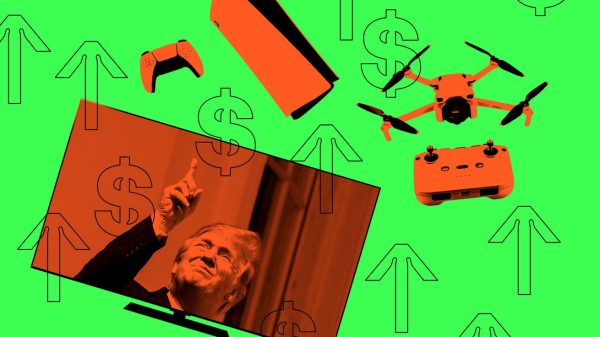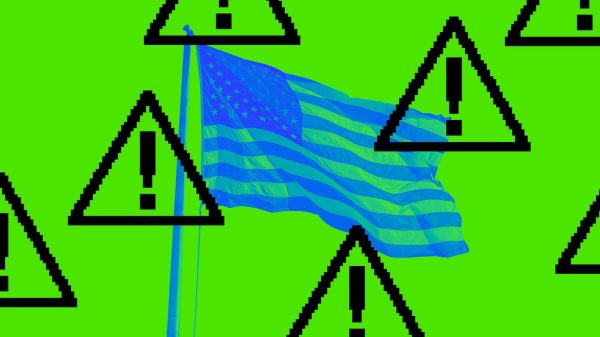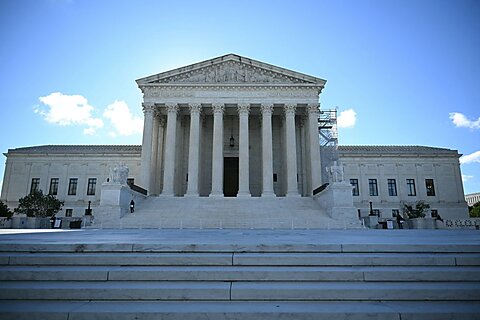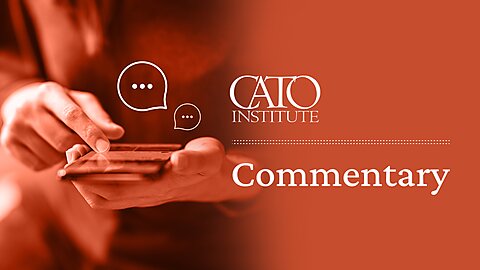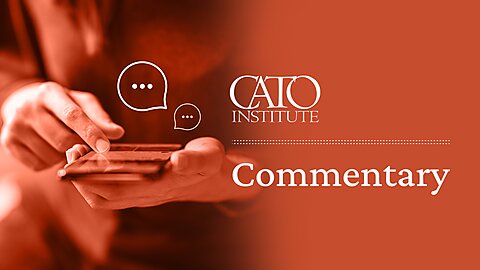Walter Olson
In a 213‐page opinion, the Colorado Supreme Court has ruled former President Donald Trump off the 2024 state ballot citing Section 3 of the Fourteenth Amendment, which bars office to persons who having taken an official oath to support the Constitution then “shall have engaged in insurrection or rebellion against the same.”
Two factual questions that have occasioned much controversy—whether the mob actions of Jan. 6, 2021, as a legal matter constituted an insurrection and whether Donald Trump as a legal matter “engaged in” them—are addressed by the Colorado court respectively at pp. 97–103 and 103–116 of its opinion. A sample, from pp. 101–103 (citations omitted):
As the district court found, with ample record support, “The mob was coordinated and demonstrated a unity of purpose .… They marched through the [Capitol] building chanting in a manner that made clear they were seeking to inflict violence against members of Congress and Vice President Pence.” And upon breaching the Capitol, the mob immediately pursued its intended target—the certification of the presidential election—and reached the House and Senate chambers within minutes of entering the building.
Finally, substantial evidence in the record showed that the mob’s unified purpose was to hinder or prevent Congress from counting the electoral votes as required by the Twelfth Amendment and from certifying the 2020 presidential election; that is, to preclude Congress from taking the actions necessary to accomplish a peaceful transfer of power. As noted above, soon after breaching the Capitol, the mob reached the House and Senate chambers, where the certification process was ongoing. This breach caused both the House and the Senate to adjourn, halting the electoral certification process. In addition, much of the mob’s ire—which included threats of physical violence—was directed at Vice President Pence, who, in his role as President of the Senate, was constitutionally tasked with carrying out the electoral count. As discussed more fully below, these actions were the product of President Trump’s conduct in singling out Vice President Pence for refusing President Trump’s demand that the Vice President decline to carry out his constitutional duties.
In short, the record amply established that the events of January 6 constituted a concerted and public use of force or threat of force by a group of people to hinder or prevent the U.S. government from taking the actions necessary to accomplish the peaceful transfer of power in this country. Under any viable definition, this constituted an insurrection.
Three of the seven justices on the Colorado court filed individually signed dissents. In two cases, these hinged considerably on disagreements about the meaning of Colorado election law. This means that, to a large extent, they will not be the subject of Supreme Court review because the Colorado high court has the last word on what Colorado law means, even as the US Supreme Court has the last word on what the federal Constitution means.
It’s worth keeping in mind, however, that because of the distinctiveness of Colorado election laws, its ruling (assuming it stands) may not clearly apply in its logic to other states that maintain their own standards for ballot placement.
The four‐justice Colorado majority issued its opinion per curiam (i.e. unsigned), stating in a footnote that this was “consistent with past practice in election‐related cases with accelerated timelines.” That rationale aside, the lack of a named lead author may perhaps cut down at least marginally on the incidence of death threats, which have repeatedly been directed in large volume at other judges and their staffs following rulings against Trump.
Because the stakes are so high, it is vital for the nation, if possible, to get clear and practically workable answers as soon as possible to the question of whether Trump is disqualified. I and others have predicted that the speediest way for a case to reach the Supreme Court would be for Trump to lose a lower court ruling in some state. That has now happened.
In particular, the timing of the Colorado court’s decision, applying to the state’s primary and not simply to its November election, makes it more likely that the high court will shed some light before the 2024 presidential calendar gets too far along. We may hope that in so doing it helps lay to rest questions that have divided eminent legal scholars and for which there is sometimes no precedent closely on point.
In August I argued that even though William Baude and Michael Stokes Paulsen “have made a powerful intellectual case for their originalist reading” of Section 3, it doesn’t follow “that the Supreme Court will declare itself convinced and disqualify Trump.” It could avail itself of numerous off‐ramps, many of which do not require resolving the factual issues about Trump’s role in the Jan. 6 events. At the same time, our system of government is a constitutional republic, and that means the Constitution must prevail, not merely a standard of convenience.
Cato colleague and B. Kenneth Simon Chair in Constitutional Studies Ilya Somin is one who believes Section 3 does apply, and he applauds the new Colorado decision and says he hopes the Supreme Court affirms it . On the argument that Trump has been ruled an offender without criminal‐style process, Somin argues that 1) the Due Process clause applies to deprivations of life, liberty, and property, and courts have not held that candidate disqualification is any of these things; and 2) Trump did receive due process in that he was given ample chance to contest the issue during the Colorado proceedings.
Assuming the Supreme Court agrees to review the Colorado ruling, as seems likely, we should all be prepared to accept its decision as binding.


